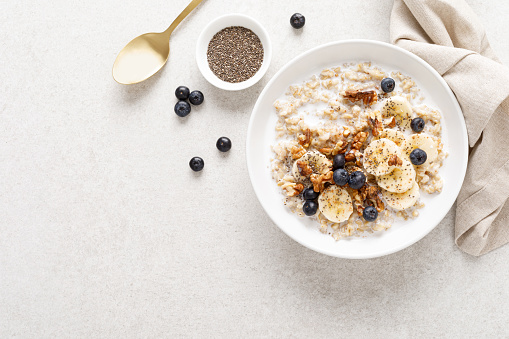Lactose intolerance is a common digestive disorder that affects millions of people worldwide. It occurs when the body is unable to digest lactose, a sugar found in dairy products. While there is no cure for lactose intolerance, there are many remedies that can help alleviate symptoms, including probiotics. In this blog post, we’ll explore the link between probiotics and lactose intolerance and how probiotics can help improve digestive health.
What are Probiotics?
Probiotics are live bacteria and yeasts that are beneficial for your gut health. They can be found in a variety of foods, such as yogurt, kefir, sauerkraut, and kimchi, as well as in supplement form. Probiotics work by promoting a healthy microbiome in the gut, which can improve digestion and alleviate a range of digestive issues.
How Probiotics Can Help with Lactose Intolerance
Probiotics can help with lactose intolerance in several ways:
1. Promoting the Growth of Beneficial Bacteria
Probiotics can help promote the growth of beneficial bacteria in the gut, which can improve digestion and reduce the symptoms of lactose intolerance.
2. Enhancing Digestive Enzymes
Probiotics can enhance the activity of digestive enzymes, which are responsible for breaking down lactose in the gut. This can improve lactose digestion and reduce the symptoms of lactose intolerance.
3. Reducing Inflammation
Inflammation can contribute to a range of digestive issues, including lactose intolerance. Probiotics can help reduce inflammation by modulating the immune response and promoting gut health.
4. Alleviating Symptoms
Probiotics can also help alleviate symptoms of lactose intolerance, such as bloating, gas, and diarrhea. This can improve quality of life and make it easier to manage symptoms.
Choosing the Right Probiotic for Lactose Intolerance
Choosing the right probiotic for lactose intolerance is important to ensure that you get the maximum benefits. Here are some factors to consider when choosing a probiotic:
1. Strain
Different probiotic strains have different benefits, so it’s important to choose the right one for lactose intolerance. For example, Lactobacillus acidophilus can help improve lactose digestion and reduce the symptoms of lactose intolerance.
2. Colony Forming Units (CFUs)
CFUs refer to the number of living bacteria in a probiotic supplement. It’s important to choose a supplement with an adequate amount of CFUs to ensure that you get the maximum benefits.
3. Quality
Choose a probiotic supplement from a reputable brand that has been tested for quality and purity.
4. Form
Probiotics are available in various forms, including capsules, powders, and liquids. Choose a form that is convenient for you to take and fits your lifestyle.
Incorporating Probiotics into Your Diet
Incorporating probiotics into your diet is easy and can be done through food or supplements. Here are some ways to incorporate probiotics into your diet:
1. Yogurt
Yogurt is a delicious and convenient source of probiotics. Look for yogurt that contains live and active cultures, such as Lactobacillus acidophilus.
2. Kefir
Kefir is a fermented milk drink that is high in probiotics. It’s also a good source of calcium and protein.
3. Sauerkraut
Sauerkraut is a fermented cabbage dish that is high in probiotics. It’s also a good source of fiber and vitamin C.
4. Supplements
Probiotic supplements are a convenient way to get a daily dose of beneficial bacteria. Look for a supplement with a strain and CFU count that is appropriate for lactose intolerance.
Other Tips for Managing Lactose Intolerance
In addition to probiotics, there are several other tips that can help manage lactose intolerance, including:
1. Avoiding Trigger Foods
Identifying and avoiding trigger foods, such as dairy products, can help reduce symptoms of lactose intolerance.
2. Lactase Supplements
Lactase supplements can help improve lactose digestion by providing the body with the necessary enzymes to break down lactose.
3. Gradual Introduction of Dairy Products
Gradually introducing dairy products into the diet can help improve lactose tolerance over time.
4. Choosing Low-Lactose Dairy Products
Choosing low-lactose dairy products, such as hard cheeses and lactose-free milk, can help reduce symptoms of lactose intolerance.
Conclusion
Lactose intolerance can be a frustrating and uncomfortable condition, but there are many remedies that can help alleviate symptoms. Probiotics are a promising solution for improving lactose digestion and reducing the symptoms of lactose intolerance.







